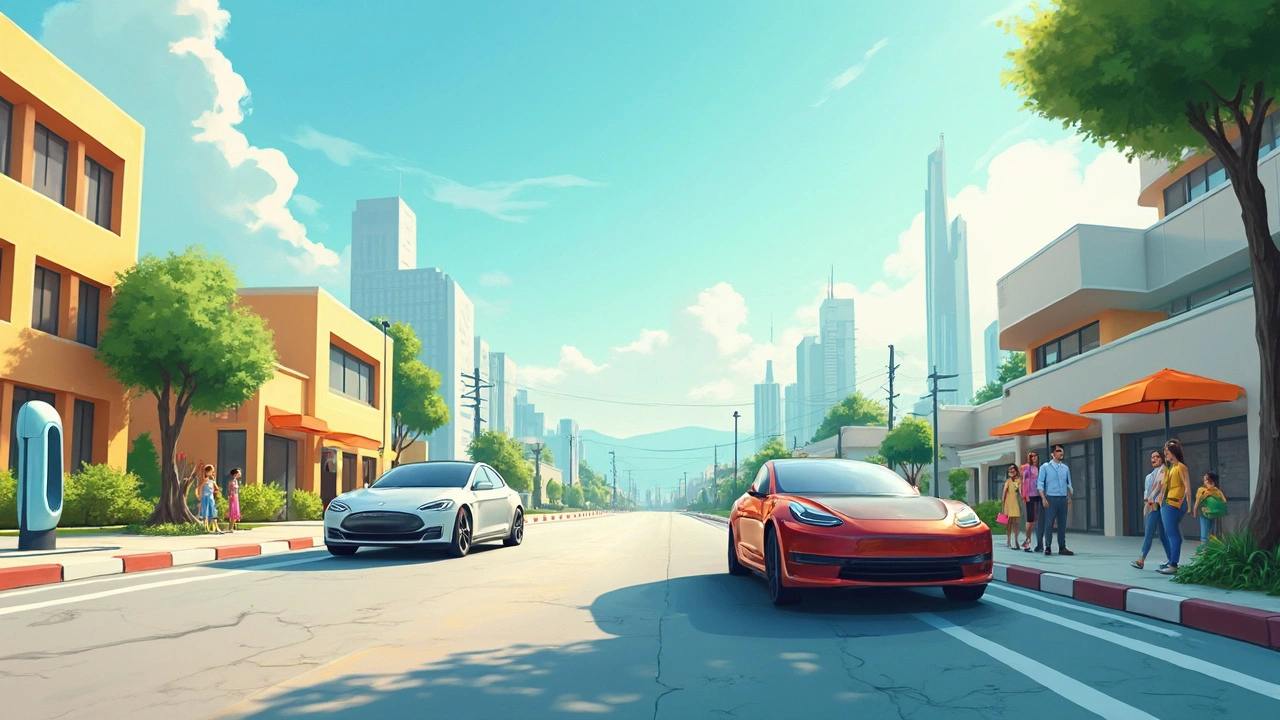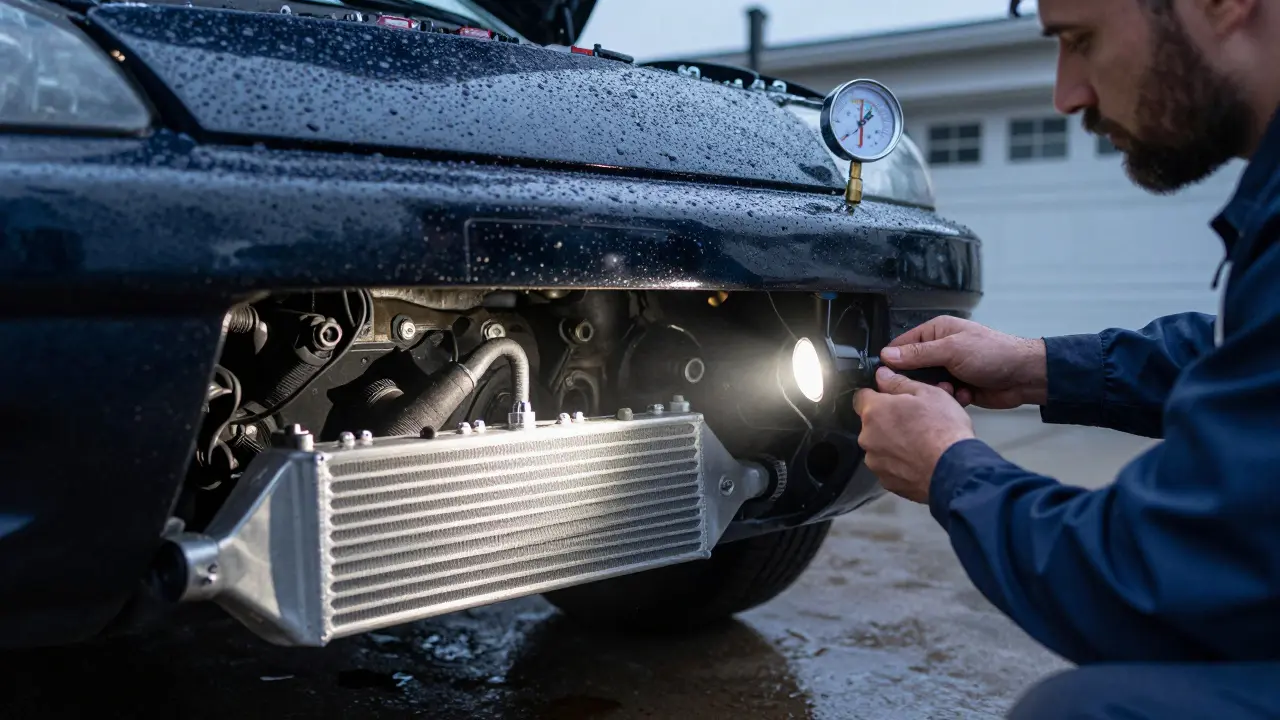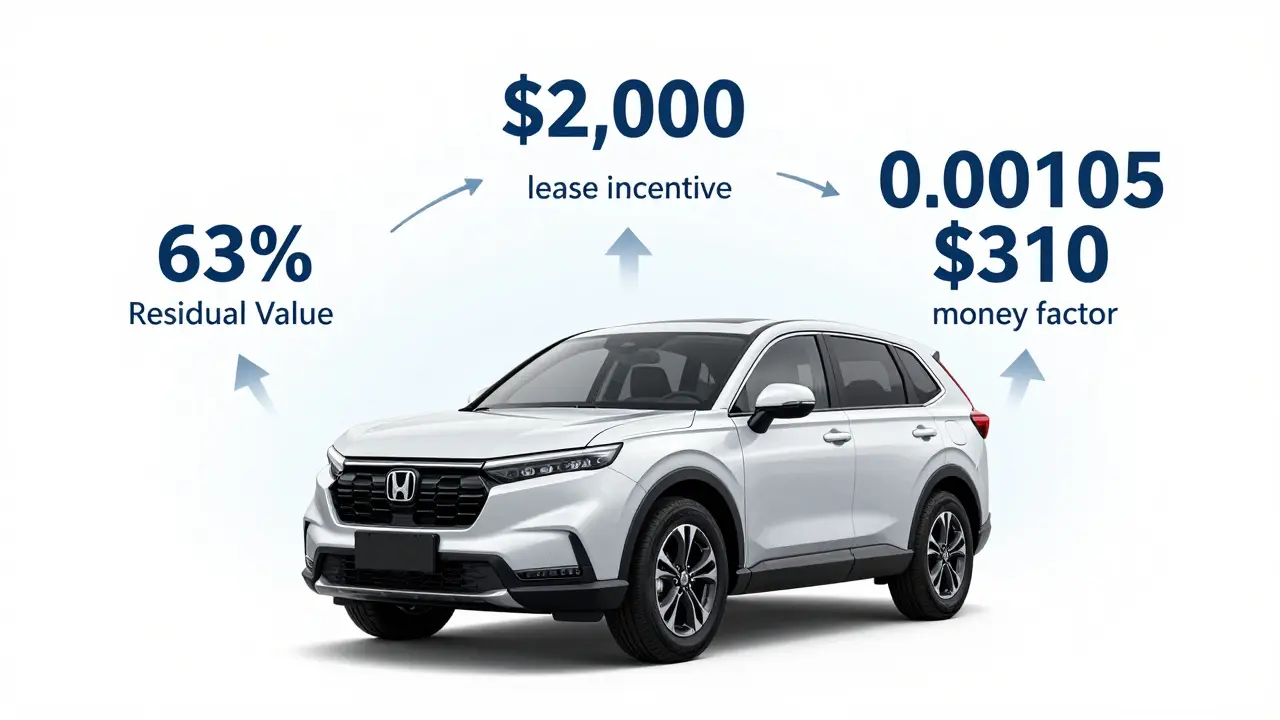The Future of Car Parts: What’s Next and Why It Matters
Imagine popping the hood in five years. Think about seeing fewer greasy parts and more high-tech, eco-friendly gear. The auto world isn’t just talking about change—it's racing toward it. Electric cars are taking over streets as big brands phase out old-school engines. This isn’t just a cool trend; it’s a major shift that’ll affect what you drive, how you maintain your car, and even what parts you shop for.
First thing you’ll notice? Simpler engines. Electric cars skip a ton of moving parts—no oil filters, spark plugs, or conventional exhaust systems. Instead, batteries, electric motors, and onboard software become the new “must-checks.” If you’re hunting for replacement parts, get ready for more chips and sensors than wrenches and gaskets. That means your choice of mechanic could change, too—look for folks who know the latest tech.
Sustainability is the new standard, not just a bonus. Car makers are rolling out recycled plastics, biodegradable panels, and parts made from renewable materials. Swapping out your old part for a green upgrade isn’t just good for the planet—it often makes your car lighter and more efficient. Watch for upcycled parts and carbon-neutral shipping options when you’re buying online. Sometimes they cost a bit more upfront, but you’ll see the difference at the pump and in longer-lasting performance.
Supply chains aren’t what they used to be, either. Global shifts and automation mean car factories can ramp up or slow down in a snap. That flexibility is great for getting new models on the market, but it means some parts might get hard to find fast if there’s a blip anywhere worldwide. If you own a less common model, keep an eye open for supply hiccups—grab that must-have part now, not next month.
How about upgrades? Customizing cars is easier than ever. From LED lights that use barely any power, to 3D-printed interior pieces, drivers aren’t waiting for dealerships anymore. You can order highly specific aftermarket parts built for your exact car, sometimes straight from your phone. Just double-check reviews and return policies before buying—new tech means a wider range of quality.
Worried about keeping up? It shouldn’t be intimidating. Start by reading up on the parts unique to your vehicle (especially if it’s a hybrid or EV). Regularly update your knowledge—automotive blogs and user forums are goldmines. If you’re buying parts yourself, pick sellers who explain compatibility clearly and offer strong support. And when it comes to DIY fixes, look for video guides tailored to your car’s year and model. The less guesswork, the better.
The future of car parts is already here, mixing innovation with hands-on knowledge. Keep your eyes open for quality, sustainability, and a bit of flexibility—your wallet, your car, and the planet will all thank you.

Electric Automobiles: Driving into the Future
Electric automobiles are reshaping the transportation landscape, offering a more sustainable and efficient alternative to traditional fuel-powered vehicles. As technology advances, electric cars are becoming more accessible to the average consumer, providing benefits such as reduced emissions, lower maintenance costs, and financial incentives. Exploring these aspects can uncover how electric vehicles fit into a future dominated by environmental consciousness and innovation. Practical considerations, like charging infrastructure and range capabilities, play a crucial role in their adoption. By understanding these dynamics, we can appreciate the shift towards greener transportation.




